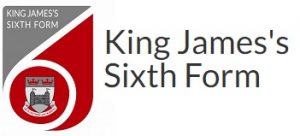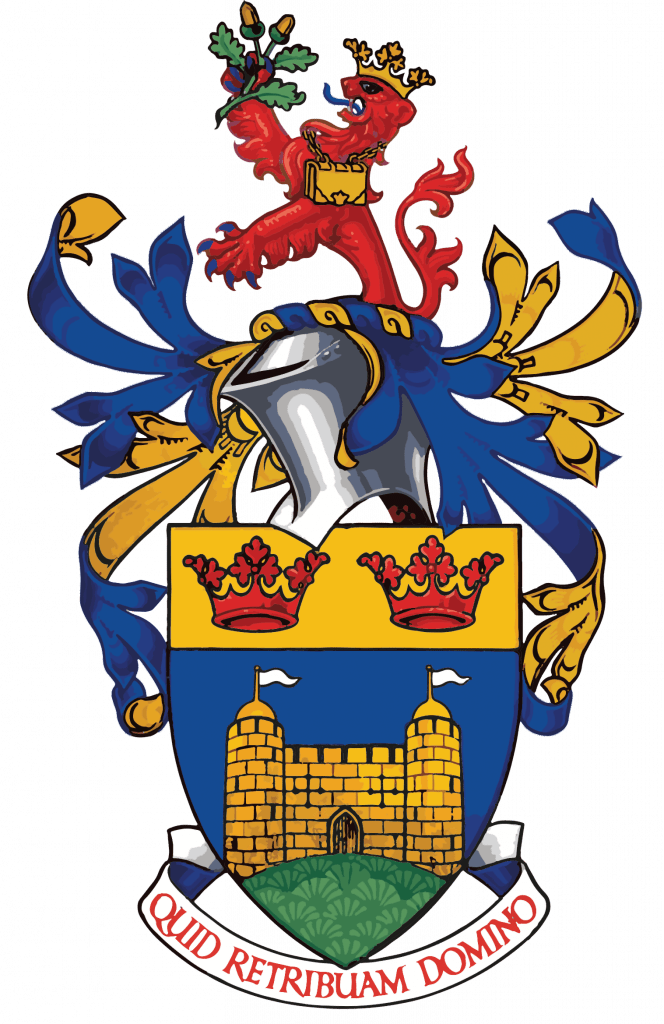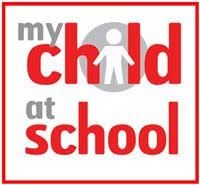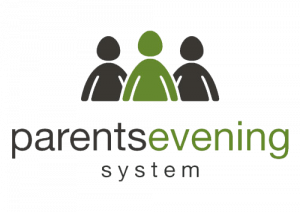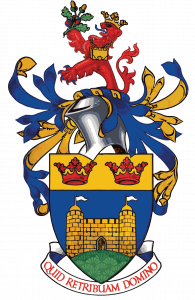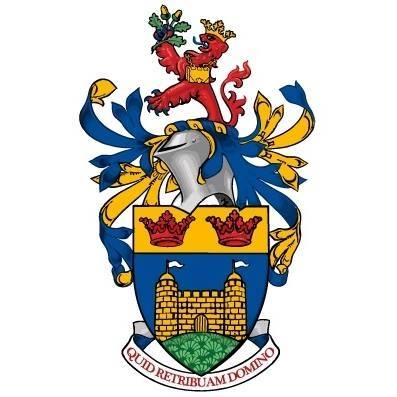Physical Education
‘The only rule is no murder!’ How has the game of football developed from the violent ‘mob’ form of the game? What are the psychological reasons why Luis Suarez shows heightened states of arousal in the modern era? Where does Marcus Rashford get the energy to run his socks off for the full 90 minutes? These are just some of the questions answered in
A Level PE.
The course covers the physiological, psychological and socio-cultural theoretical topics in four hours per week. This includes how the body and mind process information to develop skills, how sport is structured and organised from the Olympic Games down to grass-root level and physiological adaptations and biomechanics.
Students also choose one activity from a variety of sports in which to be assessed, either as a performer or coach, as part of their coursework. They will also be expected to verbally analyse a performance and suggest a plan to improve a specific weakness.
To get started
Students are expected to have achieved grade 5 or equivalent in GCSE PE if taken. Although it is not essential, it is highly recommended that students have studied GCSE PE. The theoretical content is mostly new and is both challenging and rewarding. Each student will be expected to keep a seperate file for all areas and it is important they keep thorough ‘revision friendly’ notes for each topic. Students should follow current issues to do with sport by using a range of media, as well as researching topics in advance, using YouTube and other online search engines.
In order to enhance their practical scores, students must ensure they are regular participants in their chosen activity. They may do this by playing for school or club teams. This may be easier for students involved in games activities, though those with strengths in areas such as gymnastics, athletics or swimming must be members of a club, ensuring regular practice. Alternatively, students may choose to be assessed in coaching or officiating a sport.
Exams and Assessment
OCR
The course is 70% theory, 15% practical and 15% coursework at A Level
Theory Syllabus
Application of Anatomy and Physiology
Exercise & Sport Physiology
Biomechanics
Skill Acquisition
Sports Psychology
Sport and Society
Contemporary Issues in Sport
What Next?
Beyond A Level, the study of Physical Education can lead on to university degrees in sports science, sports management, healthcare, or exercise and health. The course is fully accepted by institutes of higher education as a bona fide A Level on the same footing as more traditional subjects. Degree courses in sport and exercise science, teaching, sports management, coaching and sports physiotherapy are all directly linked to A Level PE, however some of our former students have gone on to study such courses as forensic science and engineering. A number of PE teachers have become headteachers of schools and colleges.
Physical Education can also complement further study in biology, human biology, physics, psychology, nutrition, sociology, teacher training and many more. The transferable skills you learn through your study of Physical Education, such as decision making and independent thinking are also useful in any career path you choose to take
